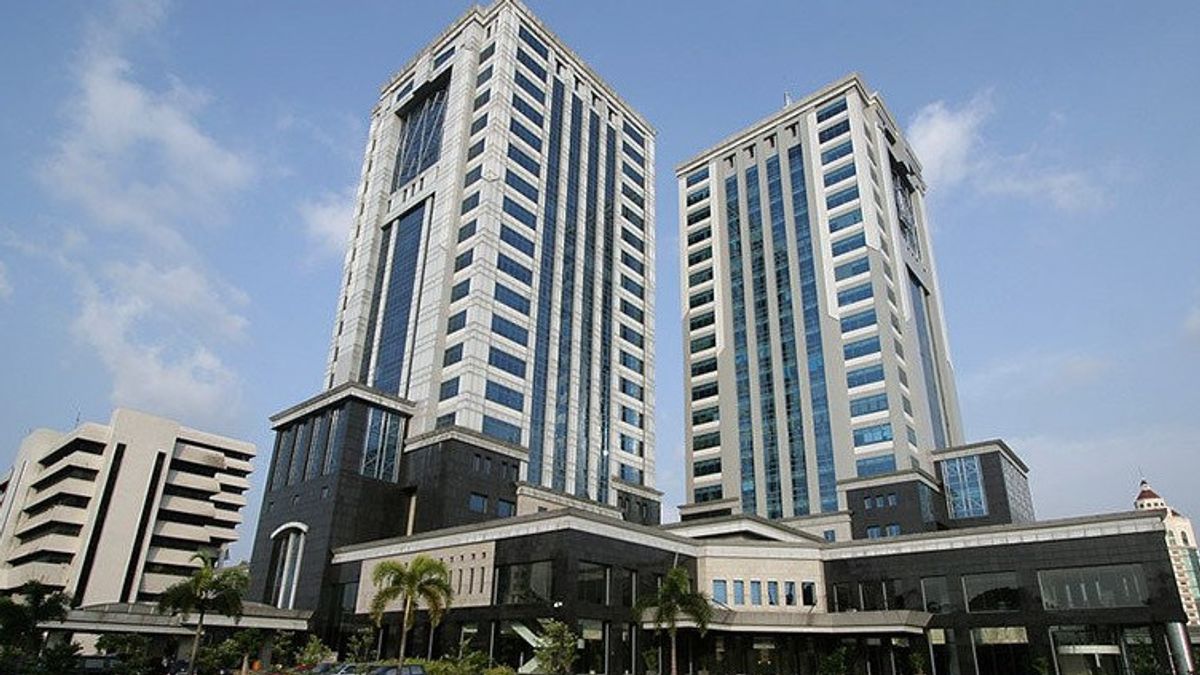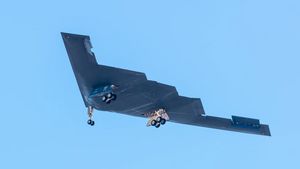JAKARTA - The Directorate General of Customs and Excise, Ministry of Finance is discussing the plan to adjust the excise rate for beverages containing ethyl alcohol (MMEA) for groups B and C. Currently, the discussion is carried out together at the Ministry of Finance.
As is known, MMEA Group A with levels of up to 5 percent is commonly known as beer, furthermore, MMEA Group B with levels of 5 - 20 percent is commonly known as wine. And MMEA Group C is a drink with an alcohol content above 20 percent commonly known as liquor.
"Adjustment of excise rates for MMEA classes B and C is one of the agenda for discussing the MMEA excise policy formulation which is currently being discussed by the Ministry of Finance," said the Director of Inter-Agency and International Customs of the Directorate General of Customs, Ministry of Finance (Kemenkeu) Syarif Hidayat, when contacted by the media. , quoted Monday 29 November.
The same thing was conveyed by the Head of the State Revenue Policy Center of the Fiscal Policy Agency (BKF) of the Ministry of Finance, Pande Putu Oka.
"The policy regarding excise tariffs for MMEA is still in the process of being discussed with relevant stakeholders, and if it has been determined, the government will immediately announce it," he added.
According to Syarif, currently, there has been an adjustment to the MMEA excise rate for class A in 2019, both domestically and imported. Since the issuance of PMK No. 158/PMK.011/2018 ago, there has been no further adjustment to the MMEA excise rate.
Until now, the projected state revenue in the excise sector at the end of 2021 is projected to meet the target mandated in 2021. Excise revenue itself has reached Rp128.3 trillion in the third quarter of 2021 or grew 15.1 percent from last year's revenue of Rp111.5. trillion.
"The performance is influenced by policies in the field of excise (tariff adjustments) and the effectiveness of supervision through the program against illegal cigarettes," he added.
To optimize state revenue through excise, the government already has the Law on Harmonization of Tax Regulations (UU HPP). In this law, it can later stipulate that the approval process for excise tax extensification can be simpler, by simply submitting it to the DPR and discussing and agreeing on the APBN Bill.
"This makes the process of increasing state revenue through extensification faster because it combines 2 (two) processes that were previously separated into one moment at the same time," said Syarif.
If there is an excise crime, the Directorate General of Customs and Excise at the Ministry of Finance prioritizes efforts to recover state losses first, while criminal efforts are the last.
"In short, if perpetrators of excise crimes are given the opportunity to compensate the state for losses in the form of fines, both at the research stage (a fine of 3 times the excise value) and investigation (a fine of 4 times the value of excise). and potential state losses can be minimized, while at the same time increasing state revenues," he said.
The English, Chinese, Japanese, Arabic, and French versions are automatically generated by the AI. So there may still be inaccuracies in translating, please always see Indonesian as our main language. (system supported by DigitalSiber.id)












